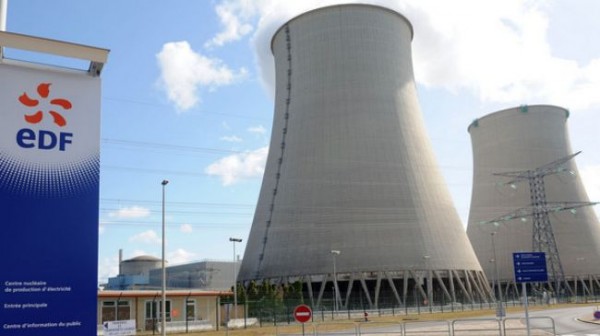The study, conducted by the French Institute for Radiological Protection and Nuclear Safety (IRSN), showed that a possible disaster in one of the nuclear reactors in France and a release of radioactivity into the environment would displace an estimated 100,000 people, destroy crops and cause massive power cuts, Reuters reported on Wednesday.
Jacques Repussard, the head of the IRSN, said, “A major accident would have terrible consequences, but we would have to deal with them because the country wouldn’t be annihilated, so we have to talk about it, however difficult it is.”
A nuclear crisis would also take its toll on exports of French delicacies and the tourism industry, costing the country about 160 billion euros ($126 billion), the study indicated.
Patrick Momal, the IRSN economist responsible for the study, said, “Tourism is an important activity for France and direct costs would not only hit the affected region, but the whole country.”
Momal, who is also a former World Bank economist, unveiled two disaster scenarios prompting a core meltdown at a typical 900-megawatt nuclear reactor in France, which include a “major” accident similar to that of Japan’s Fukushima reactor.
In March 2011, a 9.0-magnitude earthquake followed by a devastating tsunami hit the northeastern coast of Japan.
The quake triggered a nuclear disaster by knocking out power to cooling systems at the Fukushima nuclear power plant, resulting in meltdowns and radioactivity release.
France is the world’s most nuclear-dependent country and operates 58 reactors, which supply about 75 percent of its electricity demand.






